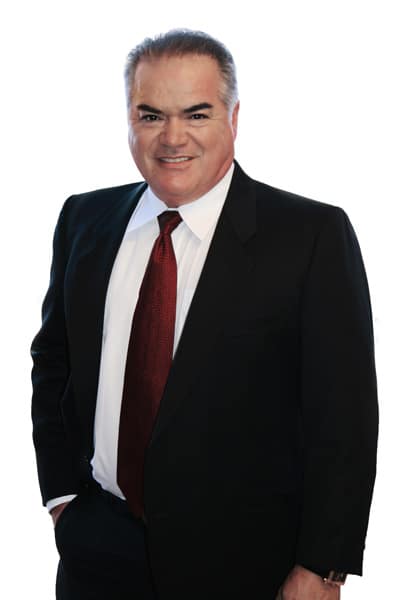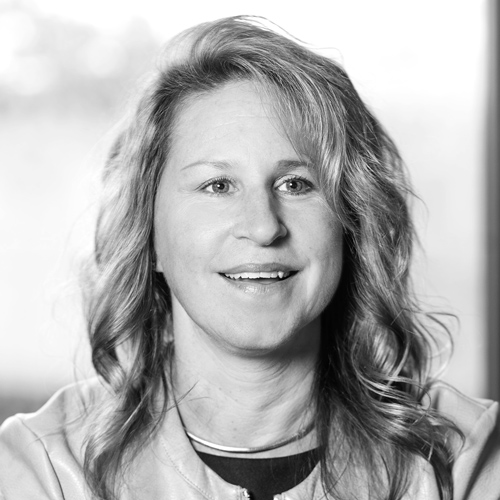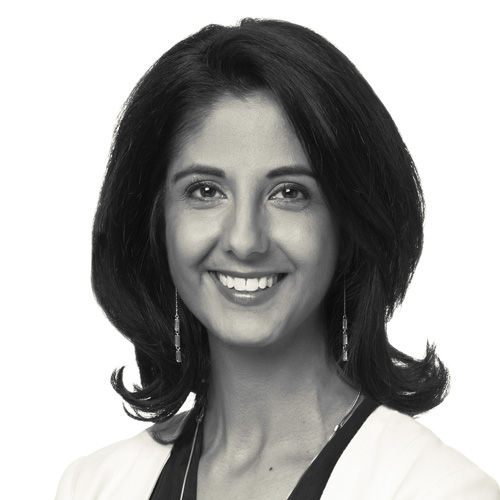Located near his junior high school, Henry Holguin used to take his grandmother to a free clinic, AltaMed. “I remember she would always comment that she felt welcome and well cared for by the staff,” he recalls.
Little did Holguin know that years later, after he’d graduated from the University of Southern California and built his own law firm, AltaMed Health Services would enter his life again. A chance meeting a decade ago between Holguin and AltaMed’s CEO Cástulo de la Rocha would result in Holguin becoming the organization’s general counsel years later. Upon joining AltaMed, Holguin would discover new opportunities to serve his community.

More than four decades ago, AltaMed started as a single clinic in East Los Angeles and has since grown to a network of forty-seven sites across Los Angeles and Orange counties. Each year, AltaMed serves more than three hundred thousand patients. Tremendous organizational growth has been welcomed, but it has come with a set of challenges as well.
One consistent obstacle for a nonprofit community health center clinic is being able to provide quality care to a growing patient base, including for many who cannot afford payments. “AltaMed provides quality healthcare services without exception,” Holguin says. “As a community safety net, we don’t turn anyone away. It’s our responsibility to help those who are in need.”
Holguin explains that many patients qualify for free healthcare services through Medicaid, while others who don’t qualify for financial assistance are charged on a sliding scale based on their income level.
But AltaMed is working on a plan that it hopes will result in a more secure revenue stream, remove the uncertainty of reduced federal funding, and provide greater access to its patients. “We are in the process of applying for a license from the State of California to establish and offer a health plan to our patient populations,” Holguin explains. As an alternative to insurance, offering a health plan to households that don’t qualify for financial assistance with a set fee each month will allow people to access a comprehensive list of healthcare services at AltaMed. “Offering a health plan means families can visit their healthcare provider without the worry of an unexpected expense,” Holguin adds. “This gives patients peace of mind and provides AltaMed with a consistent revenue stream to expand its footprint and offer more services.”
Another challenge for healthcare providers comes from Capitol Hill. With the future of healthcare legislation uncertain, community health clinics such as AltaMed have become that much more important. Their aim, Holguin says, is similar in some ways to that of the Affordable Care Act: to keep people out of the emergency room and
hospitals. Providing the public with access to affordable healthcare coverage reduces the strain on hospitals and lowers costs for patients and taxpayers. Holguin notes that emergency care is quite expensive, and it does nothing to regulate or eliminate chronic health conditions, such as managed care programs.
Preventing unnecessary emergency room visits is a motivation behind another upcoming AltaMed initiative, which is to introduce a clinic in South Orange County.
“Orange County is typically thought of as an affluent area,” Holguin says. “However, it also has a large, underserved elderly population that lacks access to affordable and comprehensive healthcare programs and services.”
When discussing any of AltaMed’s initiatives with Holguin, he immediately refers to the dedicated leadership of its CEO and president and the commitment to AltaMed’s mission: to eliminate disparities in healthcare access and provide quality care without exception for undeserved Latino and multiethnic communities across Southern California.
It’s a mission Holguin has adopted and one he feels has brought him full circle in his own journey. “My community helped shape who I am today,” he says of his upbringing in East Los Angeles. “I feel fortunate to be able to give back and help take care of the community that helped take care of me and my family.”


